The creator of a now-defunct lending platform has agreed to pay over $10.5 million to settle US Securities and Exchange Commission claims that he took investor funds to buy millions worth of the stablecoin TerraUSD before it collapsed.
Huynh Tran Quang Duy, also known as Duy Huynh, told customers of his firm, MyConstant, that their money would go into a loan matching service backed by crypto that would yield 10%, the SEC said in an order on Tuesday.
The agency claimed that in reality, Huynh used $11.9 million of his customers’ money to buy TerraUSD (UST), a stablecoin tied to the Terra blockchain that collapsed in mid-2022 and wiped out billions of dollars.
MyConstant was one of several crypto-linked businesses affected by Terra’s collapse, which is estimated to have flushed half a trillion dollars from the crypto market.
The company has faced regulatory action since late 2022, when California’s finance regulator accused it of violating the state’s securities laws and ordered it to cease operations, but this appears to be the first time that MyConstant customers could see restitution.
Huynh to pay millions to MyConstant customers
The SEC said that Huynh, a citizen of Vietnam and the US, agreed to pay disgorgement of over $8.3 million along with prejudgment interest of $1.5 million to pay back MyConstant customers.
He also must pay a civil penalty of $750,000 within 14 days, and did not admit or deny the SEC’s findings.
MyConstant lost nearly $8 million on Terra bet, says SEC
According to the SEC, MyConstant started in 2018 and claimed to offer returns of between 6% to 10% by pooling and lending customer funds, all backed by crypto.
It advertised the investment as being “low risk” and between September 2020 and November 2022, MyConstant raised over $20 million from over 4,000 investors, the agency said.
Huynh allegedly spent $11.9 million buying TerraUSD and misappropriated approximately $415,000 of investor funds for his personal use, but then lost over $7.9 million on his TerraUSD buys when the token’s price quickly and significantly declined in May 2022.
Related: From Coinbase to Milei and LIBRA: Crypto class-action suits pile up
The SEC claimed Huynh then sought to “falsely assure investors of the safety of their funds and to incentivize them to reinvest in MyConstant,” and emailed summaries showing fake loans the firm had made.
MyConstant ceased operations in mid-November 2022, citing the collapse of multiple crypto companies that year and has since returned $1.8 million to investors, along with placing all the company’s assets in a trust for investors.
Terra offered big yields for stablecoin
The SEC did not detail how Huynh allegedly used his TerraUSD holdings, but at the time of the alleged scheme, the Terra blockchain offered up to 20% annual returns on UST through the lending service the Anchor Protocol.
Terra eventually collapsed due to a crypto market lull and users pulling money from the blockchain’s ecosystem.
TerraUSD was tied to the blockchain’s token, Terra (LUNA), by an algorithm meant to keep its value at $1, but LUNA’s falling price caused the stablecoin to depeg, which then caused a death spiral for both tokens.
Terra co-founder Do Kwon is awaiting trial in the US on multiple fraud charges in relation to the blockchain.
Legal Panel: XRP win leaves Ripple a ‘bad actor’ with no crypto legal precedent set

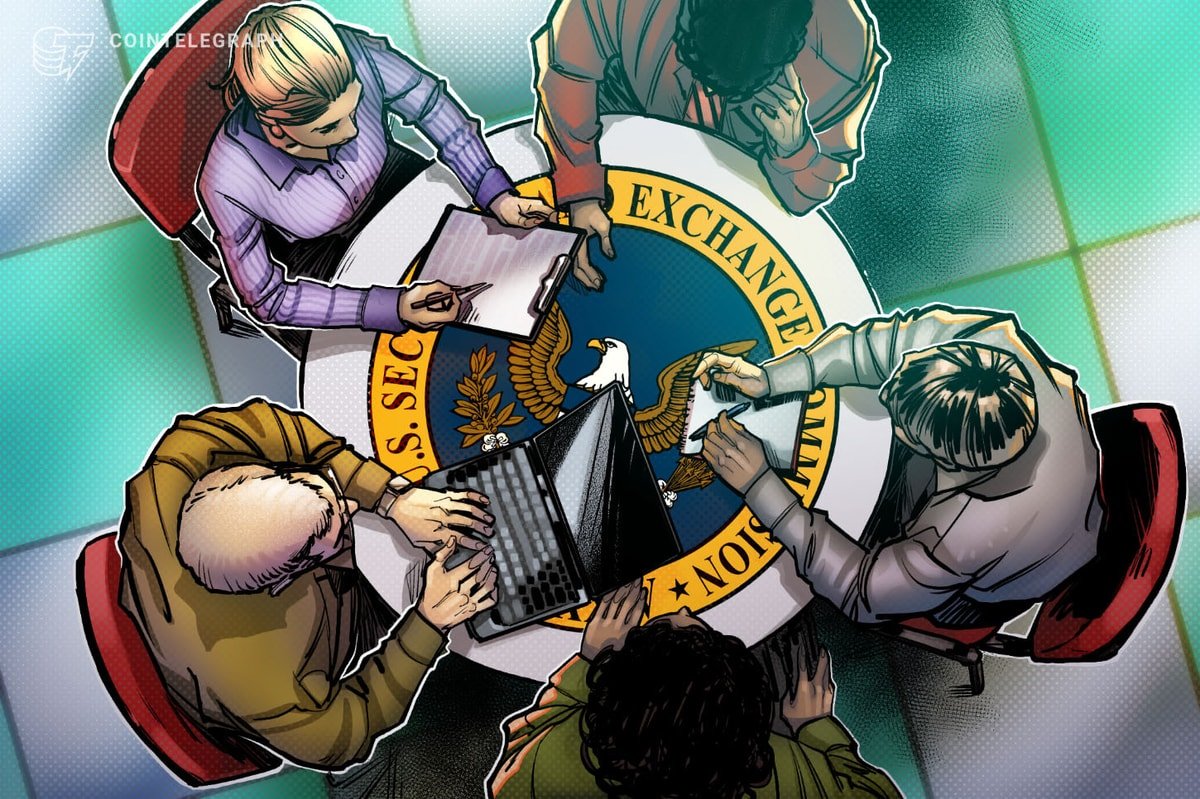


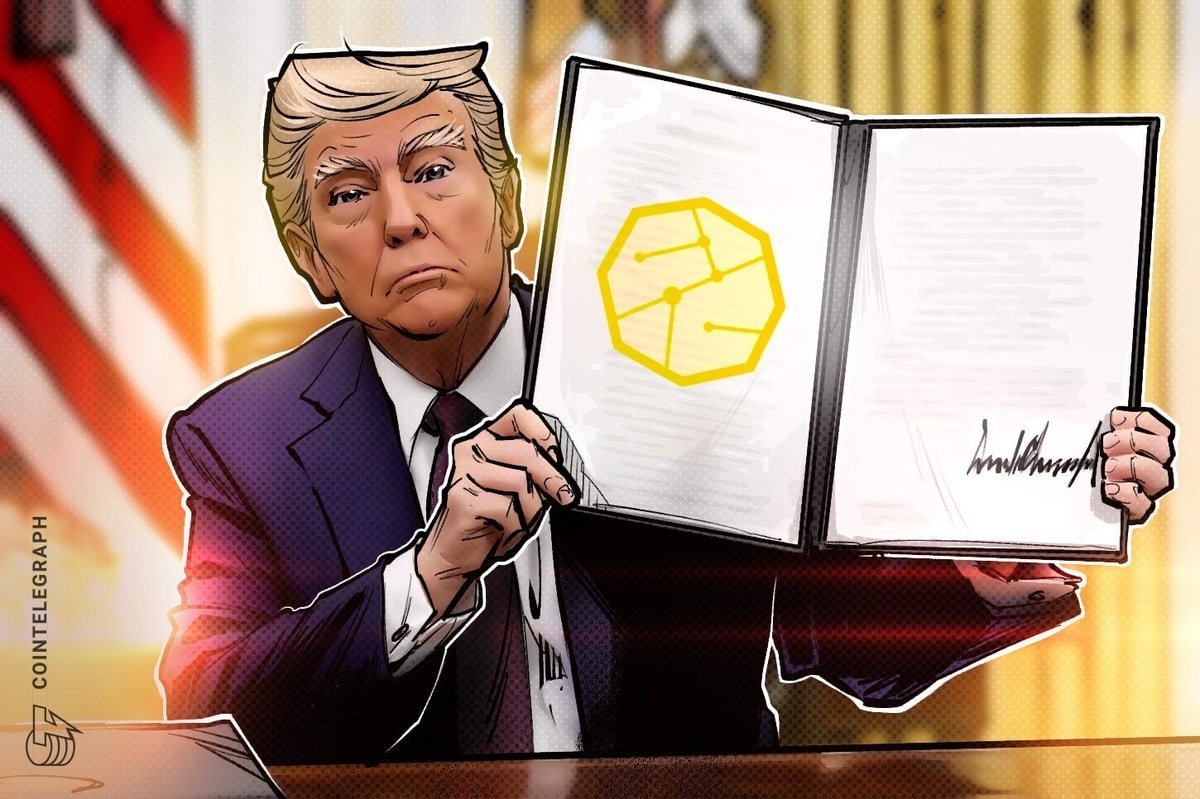
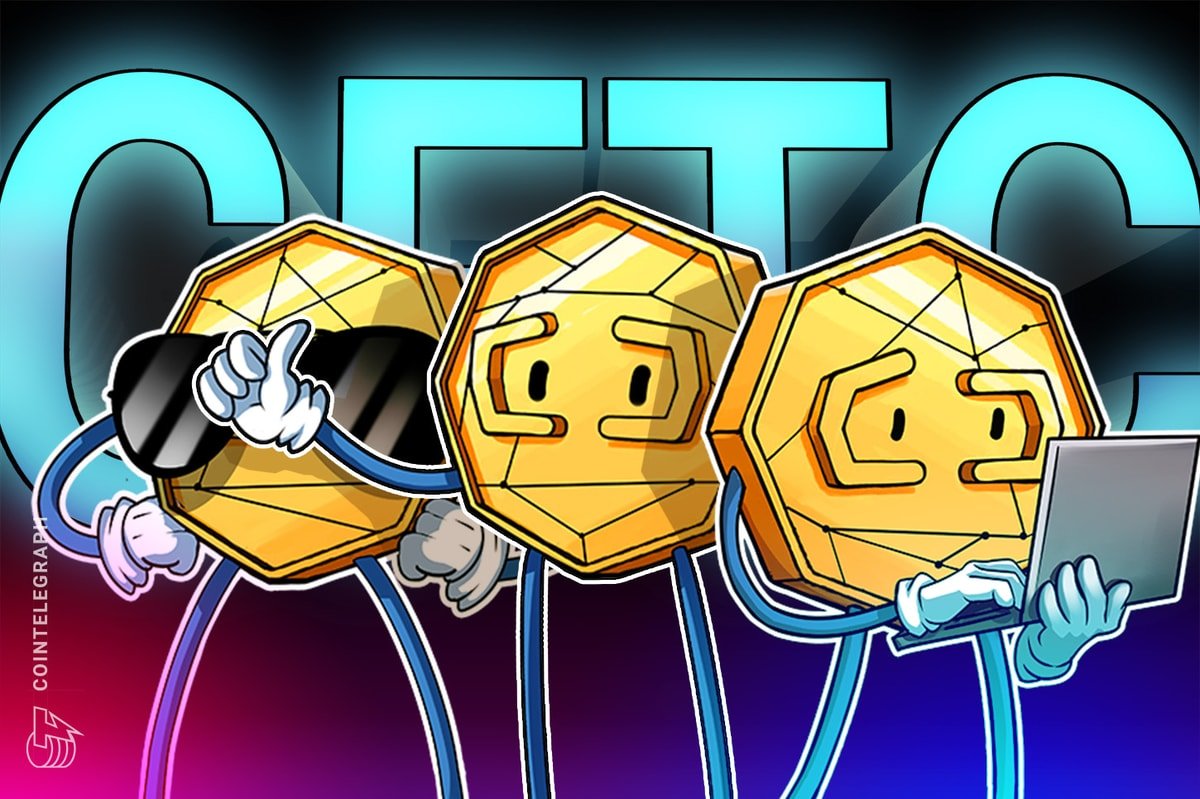
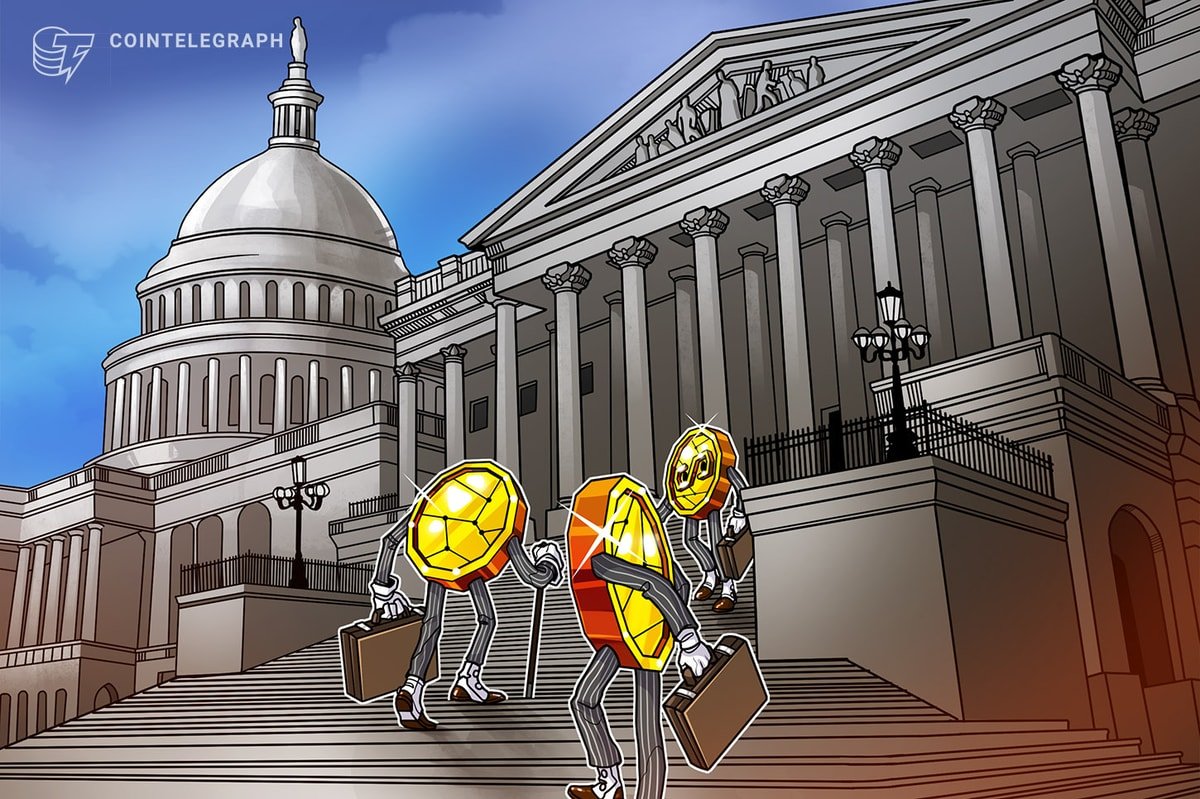

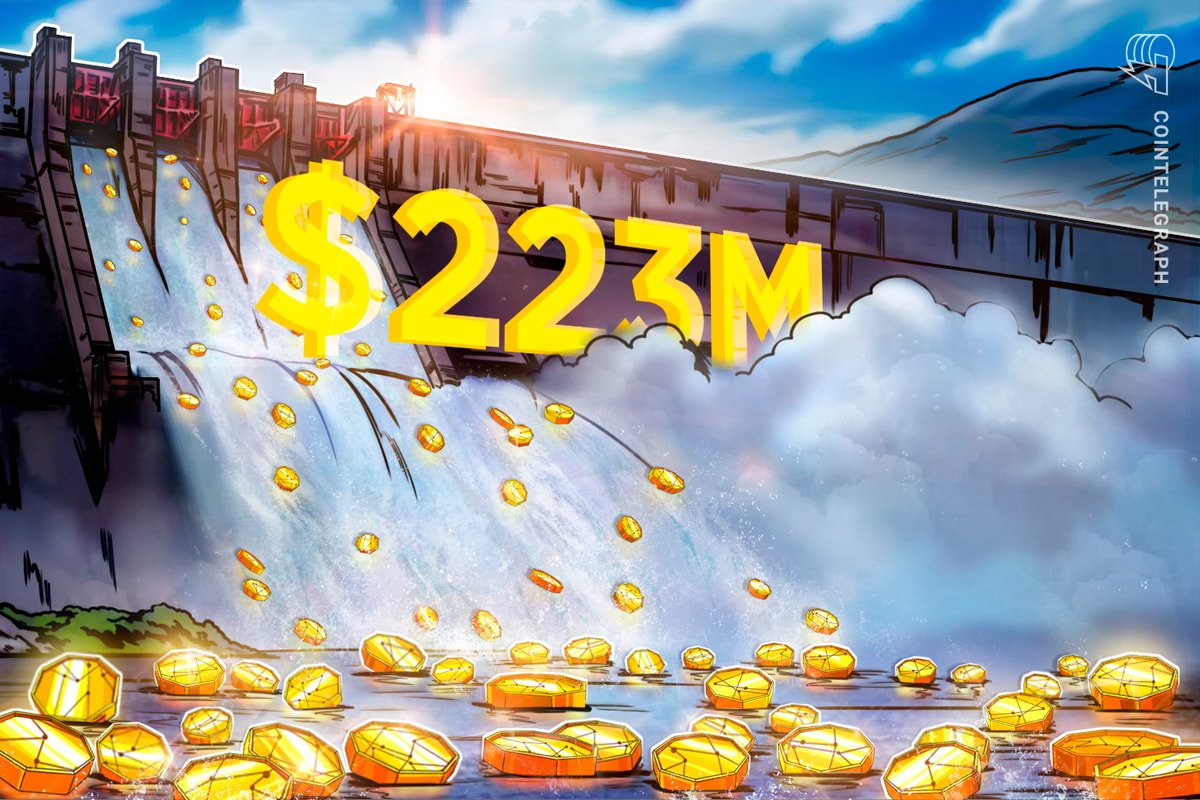
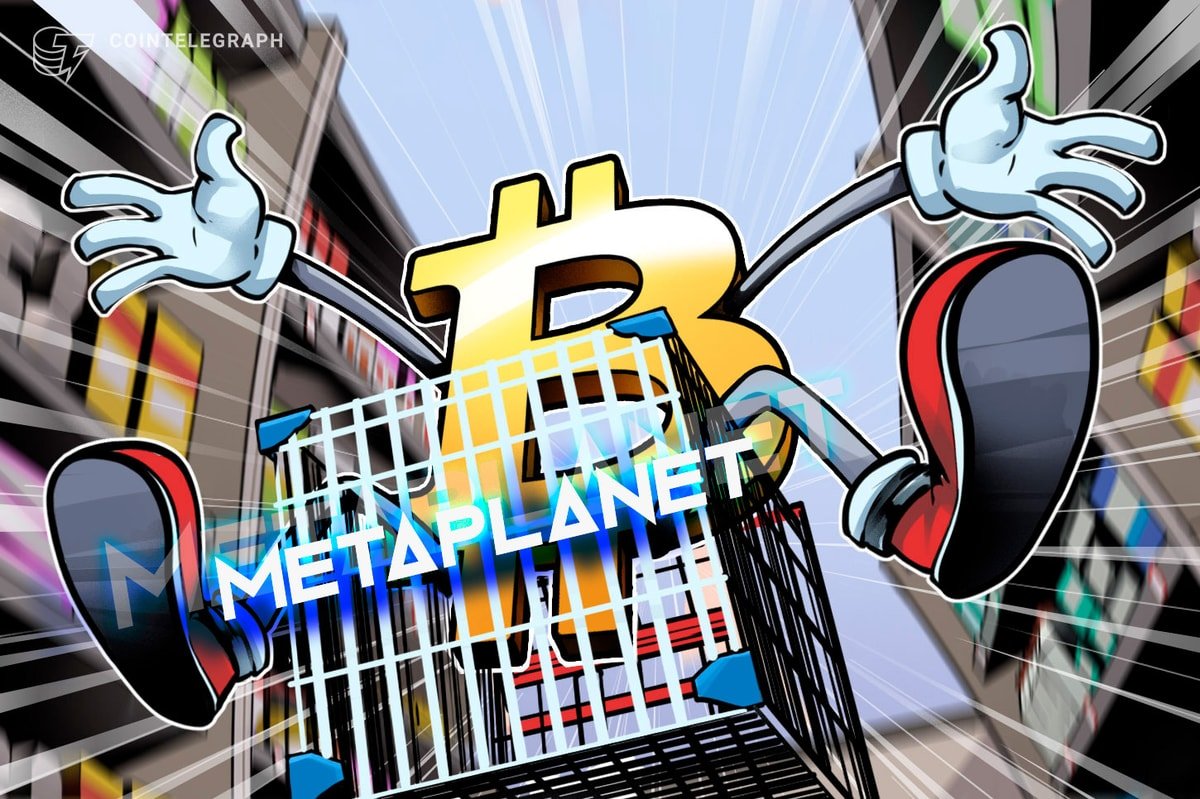


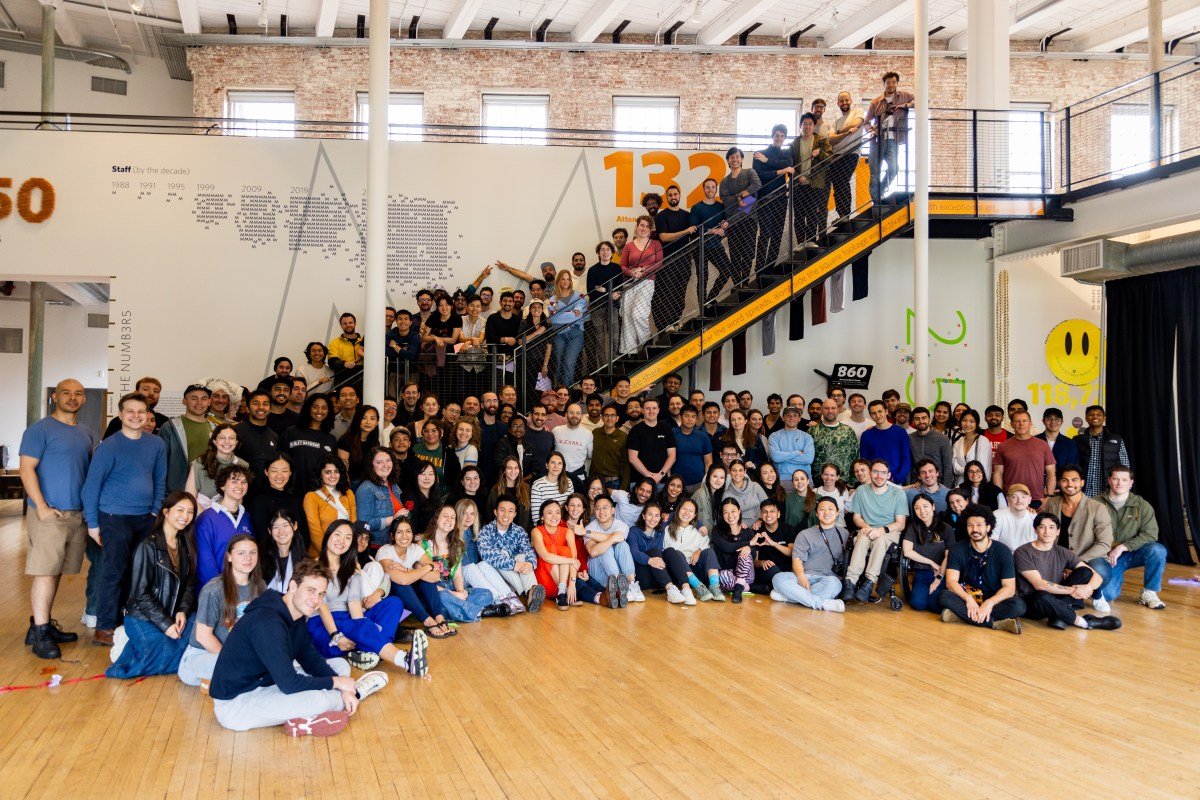

Leave a Reply